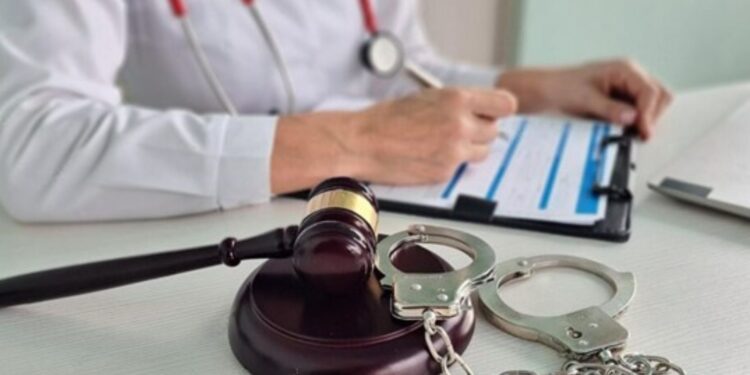Hospitals and healthcare professionals are essential in daily life in the United States, from major medical centers to rural clinics all across the country. The US maintains a healthcare system that ranges from huge research hospitals to private practices and community-based providers. All of these facilities are meant to ensure the best care is provided to our citizens.
But, when a doctor is careless or a hospital is not up to basic standards, patients usually suffer grave effects. Faults related to treatment delays, misdiagnoses, or unsafe conditions prompt formal complaints. Those suffering from negligence or misconduct ask what happens when you file a complaint against a hospital, but first, they need to know precisely when to make the decision.
File a Complaint After Receiving Negligent Care
Patients should complain if a doctor gives poor or unsafe treatment. Times of late diagnoses, surgical mistakes, and ignored symptoms shout potential negligence. If a doctor does not adhere to the accepted standards of medicine, the patient is entitled to complain about that behavior. Complaints arise if the staff disobeys safety protocols or prematurely discharges a patient.
Report Unprofessional or Abusive Behavior
Unprofessional behavior warrants immediate reporting. Vulnerable patients who observe people being verbally abused, threatened, discriminated against, or harassed should not wait. Medical boards treat these complaints seriously. Indecorous behavior and disrespect undermine professional standards and often result in discipline. Facilities should address such violations.
When a Provider Violates Privacy Laws
The healthcare professionals must be the stewards of the patient information. When a provider reveals private health information without the patient’s consent, the patient should file a complaint. It may include sending records to the wrong person, telling spoken details publicly, or losing documents. Such actions contravene federal and state rules regarding privacy and will attract oversight agency intervention.

File a Complaint After a Medication Error
Patients who receive the wrong drug or incorrect dosage suffer real harm. These cases often involve confusion with similar names, missed allergy warnings, or pharmacy miscommunication. Complaints based on medication mistakes protect future patients from the same risk. Agencies investigate these claims with urgency and detail.
Act When Hospitals Fail to Maintain Clean and Safe Environments
Hospitals must meet hygiene and safety standards. Patients who encounter dirty rooms, unsterile tools, or unsafe equipment should report the issue. Infections spread quickly under poor conditions. Reporting these failures pushes oversight bodies to inspect and correct the problem. Patients serve the public interest when they raise such concerns.
Report Insurance or Billing Fraud
Overcharging, double billing, or false insurance claims require immediate attention. Patients who discover unexplained charges or never received services should file a complaint. These cases often involve intentional fraud. State agencies and insurance boards investigate these reports and impose severe consequences for financial misconduct.
Timing Matters After an Incident
Report incidents as soon as possible. Waiting weakens the case and reduces the chance of a timely investigation. Patients should gather records, document conversations, and submit detailed accounts. Immediate action strengthens the complaint and increases accountability.
Understand Who Analysis the Complaint
State medical boards handle complaints against individual professionals. Government entities often review facility-level issues, including hospital conditions and administrative failures. Patients should send the complaint to the right agency to trigger the proper response. Failure to do so can result in lack of or poor response.
Patients can file a complaint when a medical professional or hospital delivers unsafe care, violates privacy, acts unprofessionally, or engages in misconduct. These moments demand action. Complaints serve both personal justice and public protection. When harm or misconduct occurs, the system expects patients to speak.












